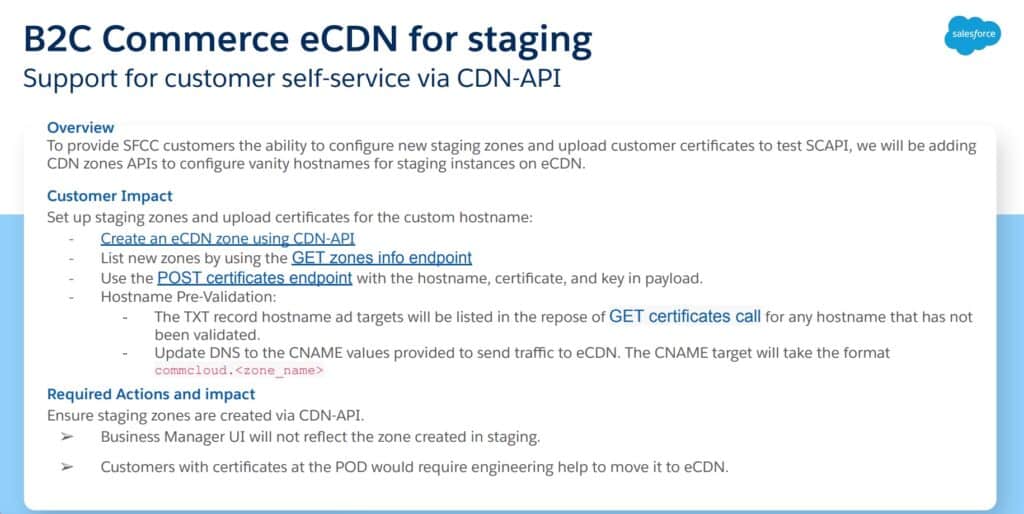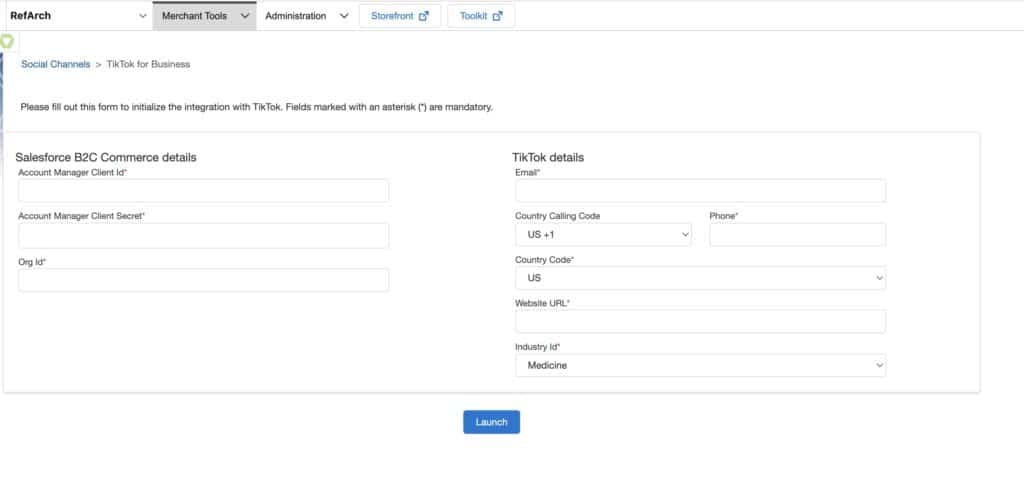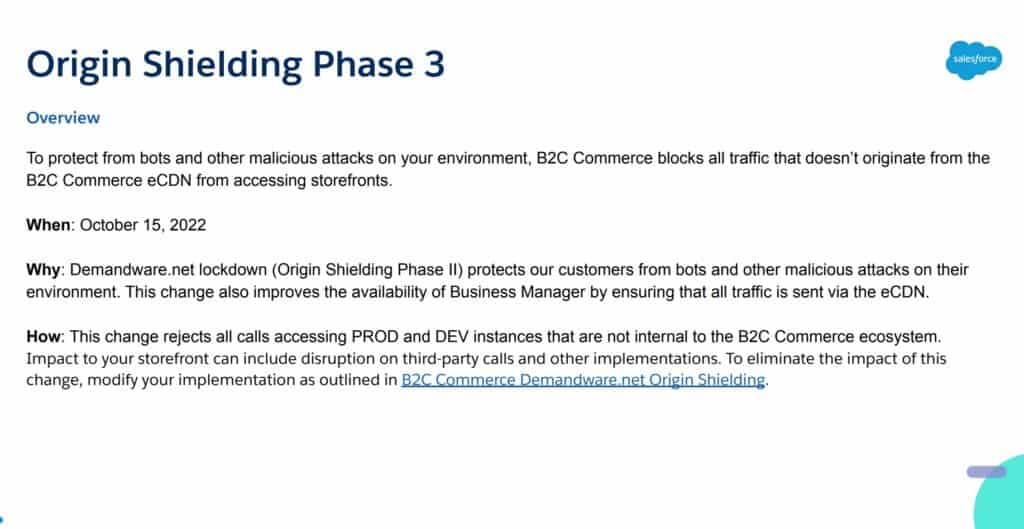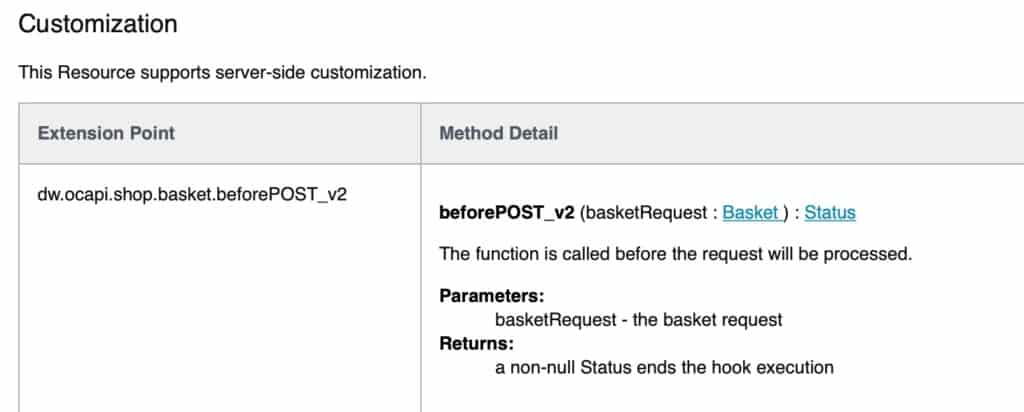What a year it has been, and now it is time for the final release of this year: the October 2022 (22.10) release!
And yes, as it is every year, there will be no releases between November and January to provide stability on the platform during the holiday period.
Are you interested in last month’s release notes? Click here!
Staging eCDN configuration
A big update for those working with hybrid deployments using the PWA Kit (Composable Storefront). Many issues popped up in the staging environment that had to do with custom certificates and SLAS. With this update, these will hopefully be out of the picture!
There will be no Business Manager interface for this one, only APIs that you have to call using the SCAPI:
TikTok for Ads
Since the start of this year, there has been a lot of talk about “Social Commerce,” which means the integration of Salesforce B2C Commerce Cloud into different social channels such as TikTok.
A positive move that has been made is this is a cartridge that you can install yourself, rather than being a feature switch where you have no control over what happens in the back-end.
This gives developers (and architects) more power over how the integration with these Social Channels is made!
The cartridge can be downloaded here!
Business Manager
Self-provision Order Integration
Before you had to contact support in order to provision an OMS integration, after this release this is something we will have full control over and do ourselves at:
“Administration > Global Preferences > Salesforce Order Management Configuration”
OCAPI & SCAPI
Disabling of negative allocation amounts in inventory lists
It will no longer be possible to set negative values for the allocation amount in an inventory record using the PUT/PATCH endpoint. Not sure why anyone would want to do this, but at least now you can’t.
/inventory_lists/{}/product_inventory_records/{}
//error
status code: 400
"type": "PropertyConstraintViolationException"
"message": "An error occurred while decoding the request. There's a value constraint
violation of property '$.allocation.amount' in document 'product_inventory_record'.”
beforePOST v2 for baskets
To fix some issues in the v1 hook:
- Using an incorrect input type (created basket, which isn’t available before the basket creation instead of the basket request document).
- Using an incorrect execution order (hook was executed after the creation of the basket, which is too late for a before hook to function).
A new hook has been introduced.
Edge Caching for SCAPI
Edge caching is introduced to increase the performance of the most often called APIs in the SCAPI:
- /product
- /category
- /product_search
The performance of the SCAPI will improve with this change, as it no longer relies on caching on the client side but on the CDN layer in front of it.
This will increase the response time and allow the Mulesoft layer to scale better since it is no longer responsible for serving 100% of the requests.
Update: It is not possible to manipulate the cache time, or clear it. (For now, at least. This might change in the future)
Development
Unified Sandbox URL & API Server
Currently, all ODS (On-Demand Sandboxes) operates under a unique URL based on the cluster they are located in (e.g., us01, us02, us03, …)
A singular URL will be introduced for both the sandbox and the management APIs to make it easier to manage.
Current ODS URL:
zzzz-001.sandbox.us01.dx.commercecloud.salesforce.com/on/demandware.store/Sites-Site
https://admin.us01.dx.commercecloud.salesforce.com/
New Unified ODS URL:
zzzz-001.dx.commercecloud.salesforce.com/on/demandware.store/Sites-Site
https://admin.dx.commercecloud.salesforce.com/
SFRA v6.2.0

A new version of SFRA has popped up after months of silence, though nothing major or “wow” has happened besides maintenance tasks.
PWA Kit v2.2.0
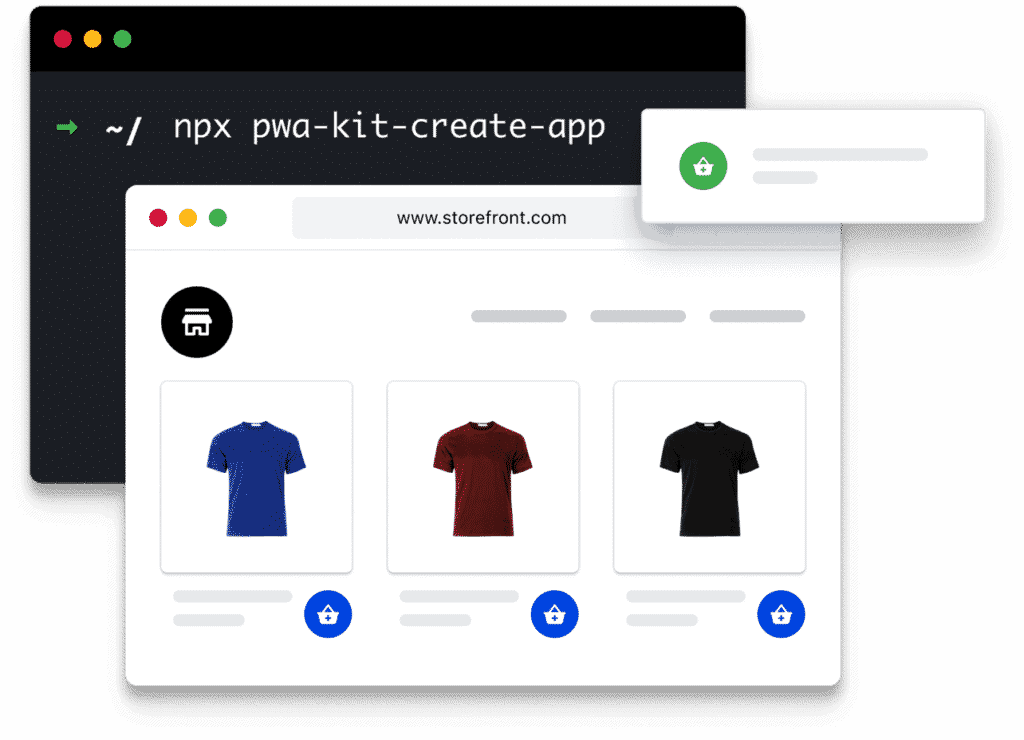
Development of the PWA Kit continues steadily, and new releases happen often. In August, a new release occurred with the following changes:
Template Retail React App
- Update zzrf-001 instance url #694
- Optimize Server-side performance #667
- Remove references to session bridging #684
pwa-kit-dev
Added option to specify where/from the credentials can be saved/read #647
Bugfixes
Here is a list of fixes made to the platform in the past month or planned in the 22.10 release!
Updated Cartridges & Tools
plugin_slas (v6.2.9)
The SLAS plug-in cartridge replaces the method for authenticating shoppers used by commerce applications based on the Storefront Reference Architecture (SFRA). Instead of using the B2C Commerce script API, the SLAS plug-in cartridge uses the Shopper Login and API Access Service (SLAS) to establish guest user logins and registered user logins.
Some significant code changes have made their way into this cartridge, hopefully fixing some issues people have run into in production environments.
b2c-tools (v0.11.0)
b2c-tools is a CLI tool and library for data migrations, import/export, scripting and other tasks with SFCC B2C instances. It is intended to be complimentary to other tools such as sfcc-ci for development and CI/CD scenarios.
export pagenow supports a-roption to indicate that the page selectors are regular expressions and export all matching pages- Underlying page designer APIs were refactored and exposed to migration scripts. See examples/page-designer.js for usage
- page designer refactoring by @clavery in #84
- update clean cartridge logic by @clavery in #81
- bugfix cli to coerce code version to string by @clavery in #85
plugin_passwordlesslogin
Passwordless login is a way to verify a user’s identity without using a password. It offers protection against the most prevalent cyberattacks, such as phishing and brute-force password cracking. Passwordless login systems use authentication methods that are more secure than regular passwords, including magic links, one-time codes, registered devices or tokens, and biometrics.
A new cartridge in town uses the SLAS API to allow passwordless login. As it is a new and a community cartridge, test it thoroughly before releasing it to production!
It is great to see more SLAS make their way into SFRA, allowing for more flexible login methods.
